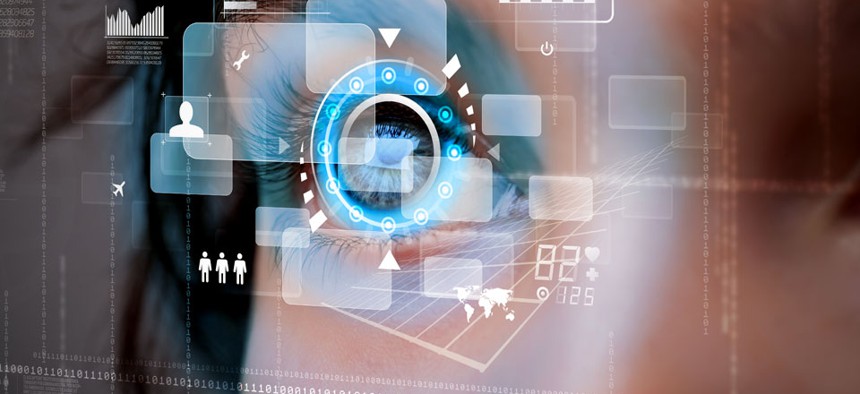More Snowden Leaks: NSA Intercepting Millions of Facial Images

ra2studio/Shutterstock.com
The agency declined to say if it also retrieves images from social media.
Nearly one year after the classified leaks from former National Security Agency contractor Edward Snowden began to generate worldwide headlines, their persistent drip continues to shine a light into the NSA’s affinity for information of any sort.
The latest bombshell comes via The New York Times, which reported over the weekend that the NSA “is harvesting huge numbers of images of people from communications that it intercepts through its global surveillance operations” to advance its facial recognition programs.
The NSA documents delivered by Snowden suggest the agency’s reliance on facial recognition technology picked up after 2010 as a result of Umar Farouk Abdulmutallab’s attempted airplane bombing and Faisal Shahzad’s car-bombing attempt in Times Square. The 2011 documents say the agency intercepts “millions of images per day,” including 55,000 “facial recognition quality images,” and note the agency had turned to new software to “exploit the flood of images included in emails, text messages, social media, videoconferences and other communications.”
The documents show the NSA considers facial images on the same level of importance for tracking terrorists as fingerprints and other identifiers, and because the cited classified documents are three years old, it’s likely the NSA’s potential to capture facial recognition quality images from Internet traffic has significantly increased.
“It’s not just the traditional communications we’re after: It’s taking a full-arsenal approach that digitally exploits the clues a target leaves behind in their regular activities on the net to compile biographic and biometric information” that can help “implement precision targeting,” said one 2010 document.
Unlike the most expansive NSA disclosures thus far, such as the agency’s subversion of computer encryption standards or collecting phone call content from an entire country, privacy advocates and defenders of Internet freedom have little by way of legal statutes to stand on in this case. The Times points out that “neither federal privacy laws nor the nation’s surveillance laws provide specific protections for facial images.”
The NSA did not say whether it had access to the State Department’s massive facial imagery database – considered by some to be the largest in the government – but an NSA spokeswoman did confirm that the NSA does not have access to state databases of driver’s licenses or to American passport images.
But what of social media platforms like Facebook, which boasts the largest image database in the world?
The NSA declined to comment on whether the agency collected facial imagery of American citizens from Facebook and other platforms through means other than communications intercepts.
(Image via ra2studio/Shutterstock.com)
NEXT STORY: FDA launches data platform



